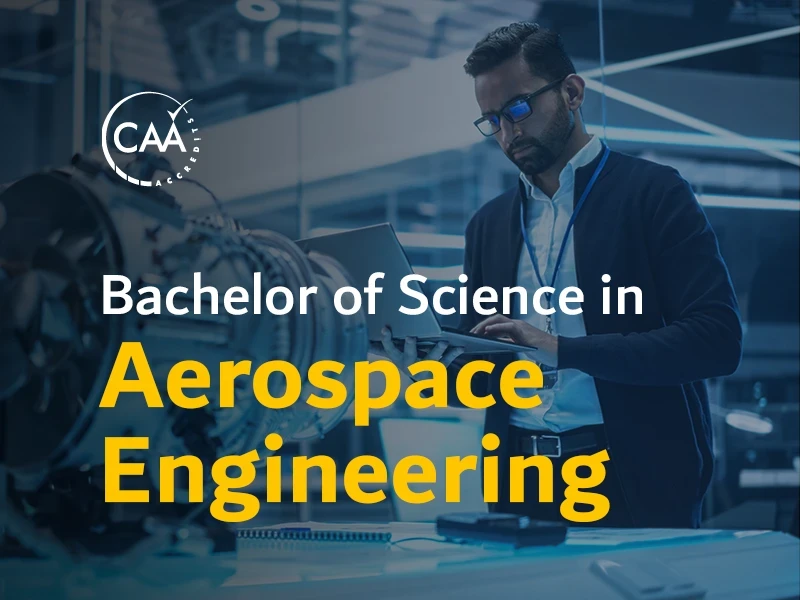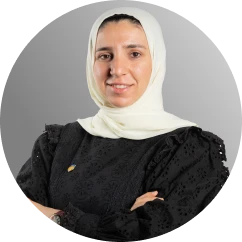
Aerospace engineers play a crucial role in developing technologies used in aviation, defense, and space exploration.
Amity University Dubai offers a Bachelor of Science in Aerospace Engineering degree that provides students with a strong foundation in the design, construction, and scientific principles underlying the physical properties and forces of aircraft, drones, rockets, and other flying crafts.
Students will study a wide range of subjects in the aerospace and aeronautical domain, including Engineering Thermodynamics, Space Mechanics, Spacecraft Propulsion, Aircraft Design, and Rockets and Missiles.
The degree offers access to an advanced high-tech Aerospace lab featuring cutting-edge equipment such as a turbojet engine, wind tunnel, and functional scaled models of aircraft reciprocating engines. Through hands-on experience, our aerospace engineering degree enables students to gain valuable insights into their future careers, preparing them to work in industries such as technology, defense, the aircraft/space sector, or the federal government.
After successfully completing an aerospace engineering bachelor’s degree, you can work in various industries and explore diverse career paths, such as Rocket Scientist, Technical Communicator, Military Aerospace Engineer, Inspector and Compliance Officer, Aircraft Designer, and various other key positions within the aeronautical industry.
Programme Learning Outcomes
- Identify, formulate, and solve complex engineering problems by applying principles of engineering, science, and mathematics.
- Apply engineering design to produce solutions that meet specified needs with consideration of public health, safety, and welfare, as well as global, cultural, social, environmental, and economic factors.
- Communicate effectively with a range of audiences.
- Recognise ethical and professional responsibilities in engineering situations and make informed judgments, which must consider the impact of engineering solutions in global, economic, environmental, and societal contexts.
- Function effectively on a team whose members together provide leadership, create a collaborative and inclusive environment, establish goals, plan tasks, and meet objectives.
- Develop and conduct appropriate experimentation, analyse and interpret data, and use engineering judgment to draw conclusions.
- Acquire and apply new knowledge as needed, using appropriate learning strategies.
Programme Completion Requirements
50%scholarships available
























